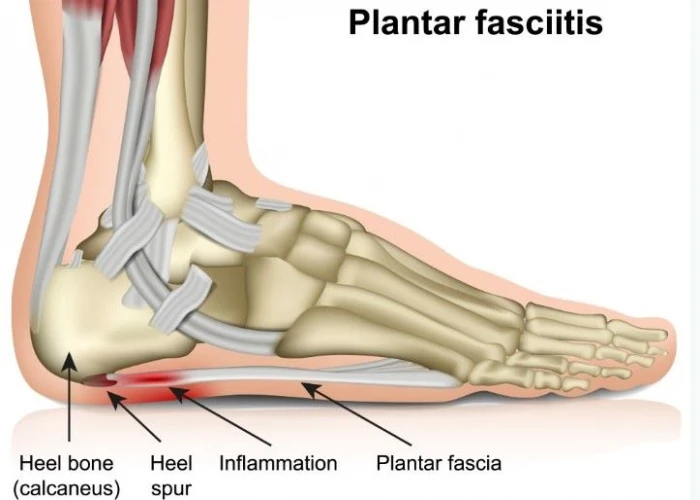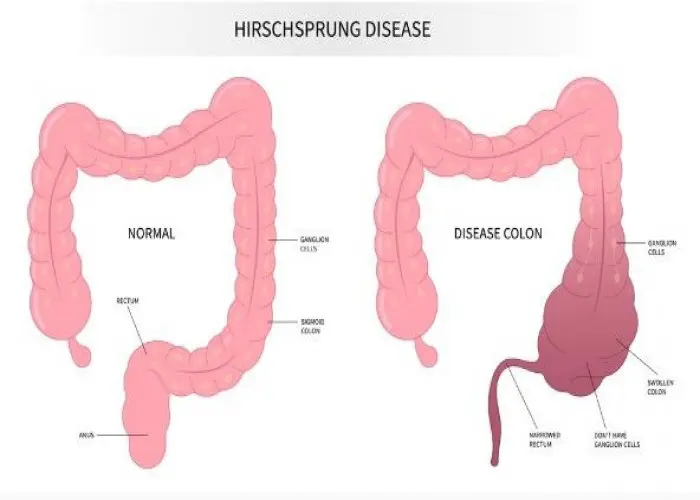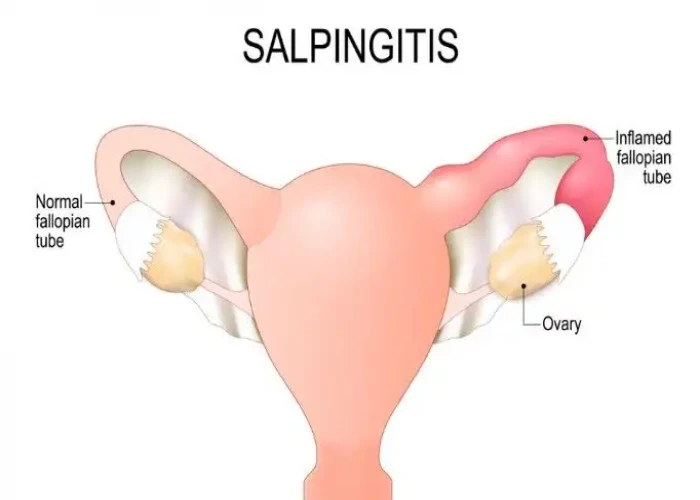 Welcome
Welcome
“May all be happy, may all be healed, may all be at peace and may no one ever suffer."
Dyslexia

Dyslexia is a learning disorder that affects a person's ability to read, write, and spell. It is a neurological condition that can result from differences in brain development, and affects people of all ages, races, and backgrounds.
The exact cause of dyslexia is not fully understood, but it is thought to be related to a combination of genetic and environmental factors. People with dyslexia may have difficulty with phonemic awareness, the ability to identify and manipulate the sounds in words; decoding, the ability to match sounds to letters and understand how they work together to form words; and comprehension, the ability to understand the meaning of written text.
Symptoms of dyslexia can include difficulties with reading, writing, and spelling, as well as trouble with language processing, organization, and memory. People with dyslexia may also experience anxiety, low self-esteem, and frustration in academic and social situations.
While dyslexia cannot be cured, it can be managed with appropriate interventions and support. This may include specialized instruction in reading, writing, and language skills, such as phonics instruction and multisensory techniques. Assistive technologies, such as text-to-speech software and audiobooks, can also be helpful.
It's important to note that people with dyslexia are often intelligent and creative, and can be successful in a wide range of careers and pursuits. With appropriate support and accommodations, many people with dyslexia are able to overcome challenges and achieve their goals.
Research Papers
Disease Signs and Symptoms
- Late talking
- Slow and labor-intensive reading and writing
- Avoiding activities that involve reading
- Spending an unusually long time completing tasks that involve reading or writing
- Inability to sound out the pronunciation of an unfamiliar word
- Difficulty seeing (and occasionally hearing) similarities and differences in letters and words
- Problems remembering the sequence of things
- Difficulty finding the right word or forming answers to questions
- Problems processing and understanding what hears
- Reading well below the expected level for age
- Difficulty learning nursery rhymes or playing rhyming games
- Problems remembering or naming letters, numbers and colors
- Speech problems
- Mispronouncing names or words, or problems retrieving words
Disease Causes
Dyslexia
Dyslexia tends to run in families. It appears to be linked to certain genes that affect how the brain processes reading and language, as well as risk factors in the environment.
Disease Prevents
Disease Treatments
There's no known way to correct the underlying brain abnormality that causes dyslexia — dyslexia is a lifelong problem. However, early detection and evaluation to determine specific needs and appropriate treatment can improve success.
Educational techniques
Dyslexia is treated using specific educational approaches and techniques, and the sooner the intervention begins, the better. Psychological testing will help your child's teachers develop a suitable teaching program.
Teachers may use techniques involving hearing, vision and touch to improve reading skills. Helping a child use several senses to learn — for example, listening to a taped lesson and tracing with a finger the shape of the letters used and the words spoken — can help in processing the information.
Treatment focuses on helping your child:
- Learn to recognize and use the smallest sounds that make up words (phonemes)
- Understand that letters and strings of letters represent these sounds and words (phonics)
- Comprehend what he or she is reading
- Read aloud to build reading accuracy, speed and expression (fluency)
- Build a vocabulary of recognized and understood words
If available, tutoring sessions with a reading specialist can be helpful for many children with dyslexia. If your child has a severe reading disability, tutoring may need to occur more frequently, and progress may be slower.
Individual education plan
In the United States, schools have a legal obligation to take steps to help children diagnosed with dyslexia with their learning problems. Talk to your child's teacher about setting up a meeting to create a structured, written plan that outlines your child's needs and how the school will help him or her succeed. This is called an Individualized Education Plan (IEP).
Early treatment
Children with dyslexia who get extra help in kindergarten or first grade often improve their reading skills enough to succeed in grade school and high school.
Children who don't get help until later grades may have more difficulty learning the skills needed to read well. They're likely to lag behind academically and may never be able to catch up. A child with severe dyslexia may never have an easy time reading, but he or she can learn skills that improve reading and develop strategies to improve school performance and quality of life.
What parents can do
You play a key role in helping your child succeed. Take these steps:
- Address the problem early. If you suspect your child has dyslexia, talk to your child's doctor. Early intervention can improve success.
- Read aloud to your child. It's best if you start when your child is 6 months old or even younger. Try listening to recorded books with your child. When your child is old enough, read the stories together after your child hears them.
- Work with your child's school. Talk to your child's teacher about how the school will help him or her succeed. You are your child's best advocate.
- Encourage reading time. To improve reading skills, a child must practice reading. Encourage your child to read.
- Set an example for reading. Designate a time each day to read something of your own while your child reads — this sets an example and supports your child. Show your child that reading can be enjoyable.
What adults with dyslexia can do
Success in employment can be difficult for adults struggling with dyslexia. To help achieve your goals:
- Seek evaluation and instructional help with reading and writing, regardless of your age
- Ask about additional training and reasonable accommodations from your employer or academic institution under the Americans with Disabilities Act
Academic problems don't necessarily mean a person with dyslexia can't succeed. Capable students with dyslexia can be highly successful, given the right resources. Many people with dyslexia are creative and bright, and may be gifted in math, science or the arts. Some even have successful writing careers.
Disease Diagnoses
Disease Allopathic Generics
Disease Ayurvedic Generics
Disease Homeopathic Generics
Disease yoga
Dyslexia and Learn More about Diseases

Plantar fasciitis

Hirschsprung's disease

Soy allergy

Folliculitis

Cytomegalovirus (CMV) infection

Pancreatic cysts

Thunderclap headaches

Salpingitis
dyslexia, ডিসলেক্সিয়া
To be happy, beautiful, healthy, wealthy, hale and long-lived stay with DM3S.
